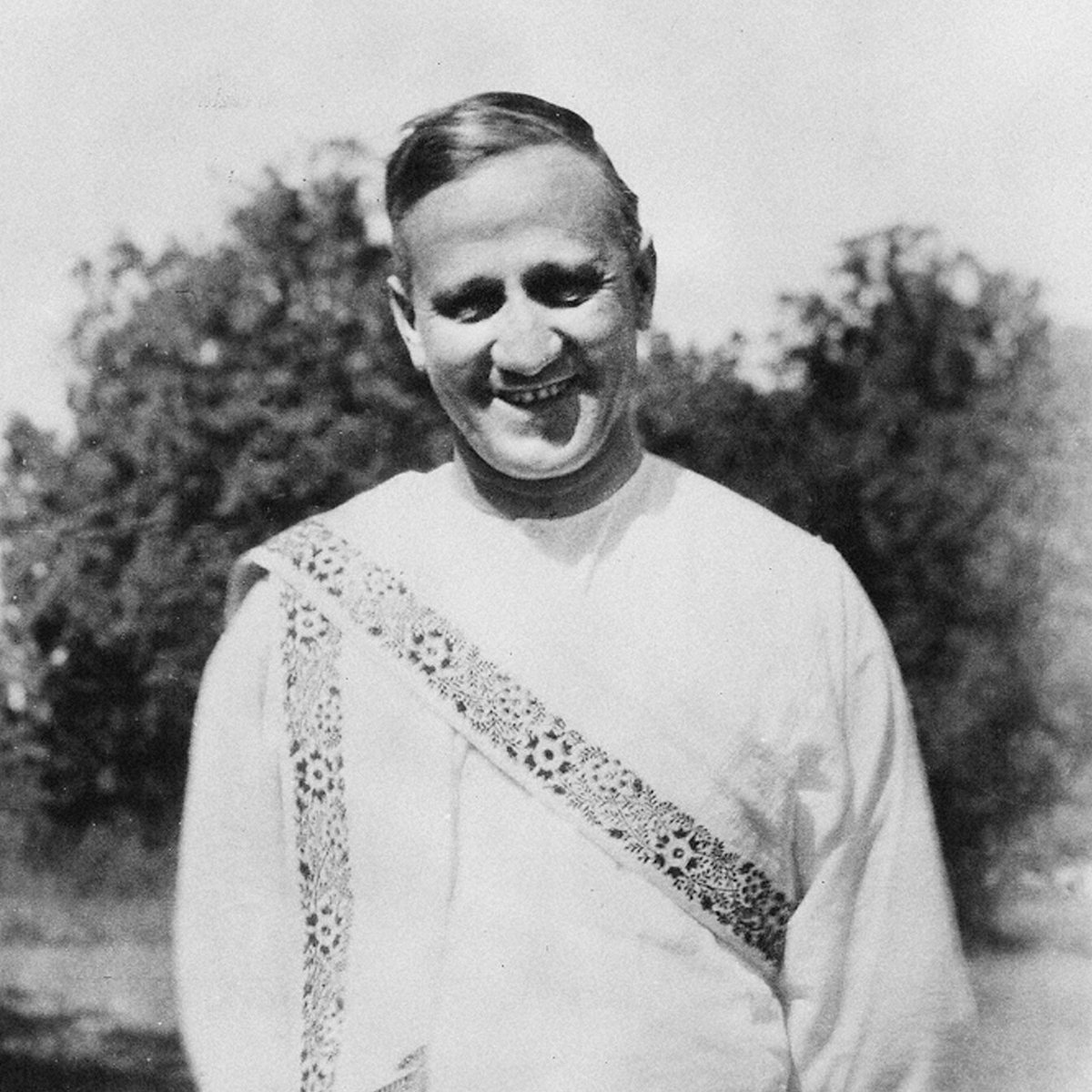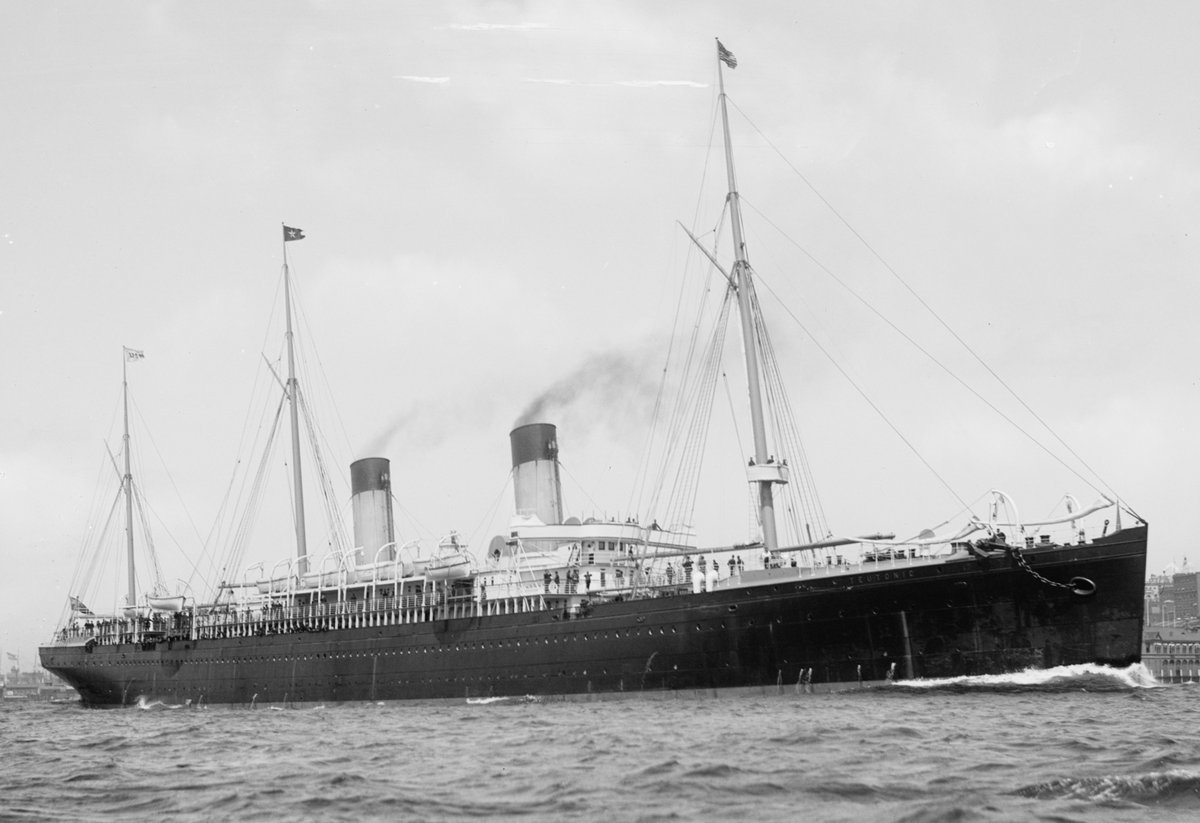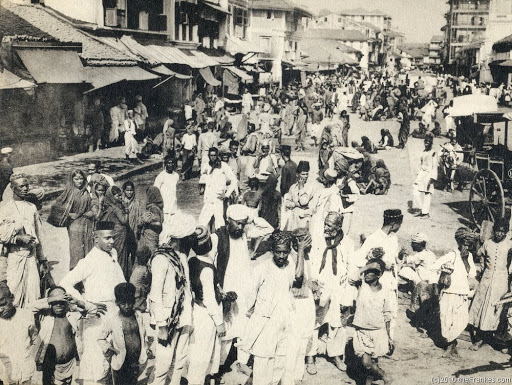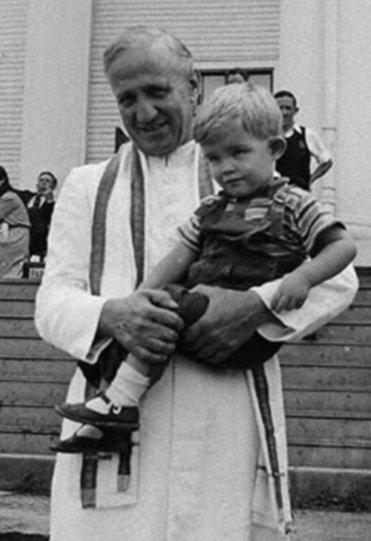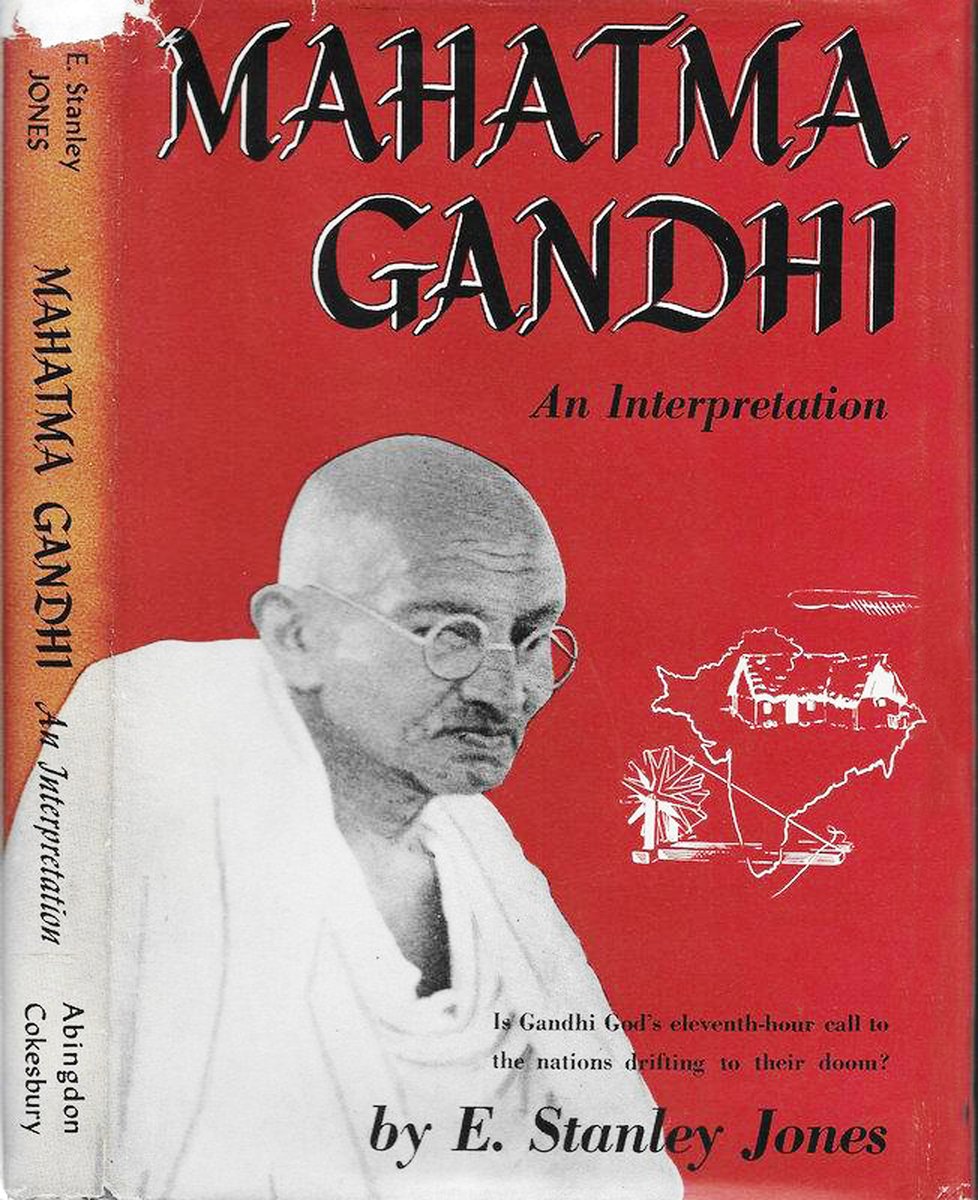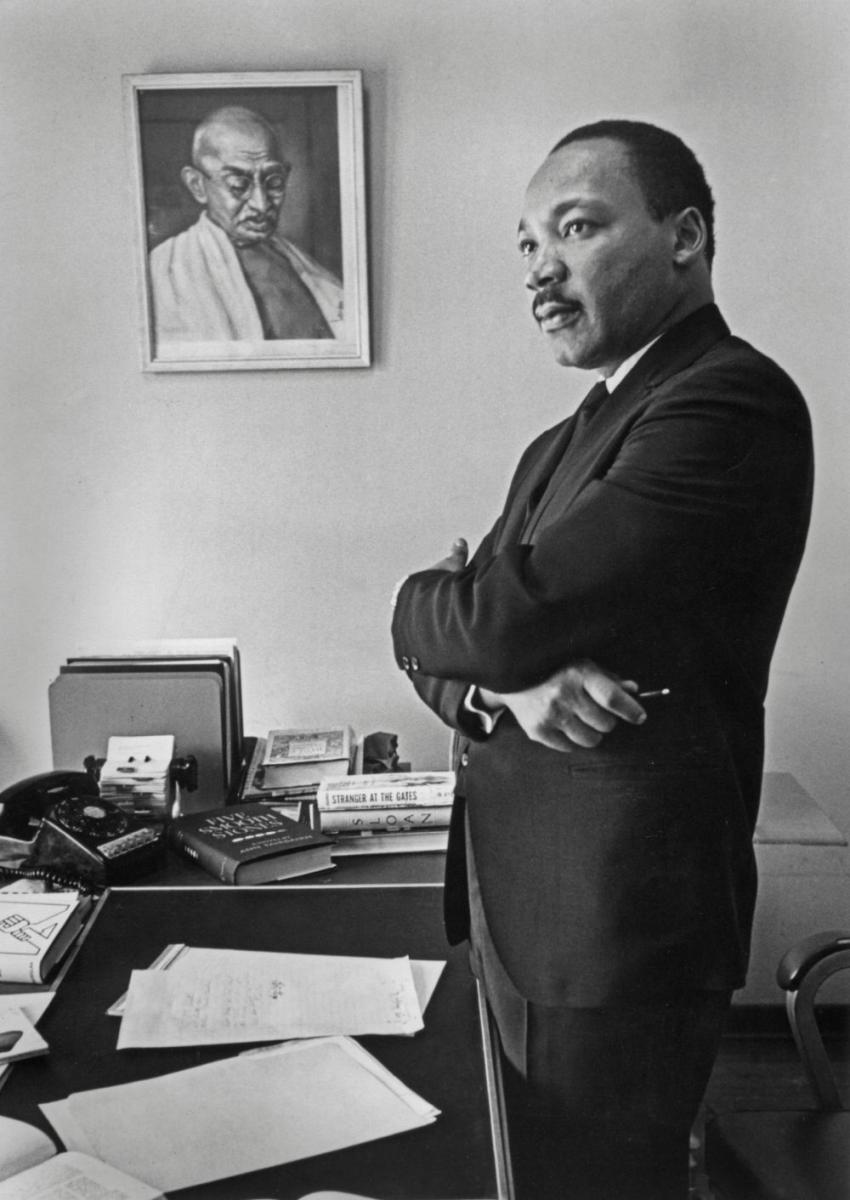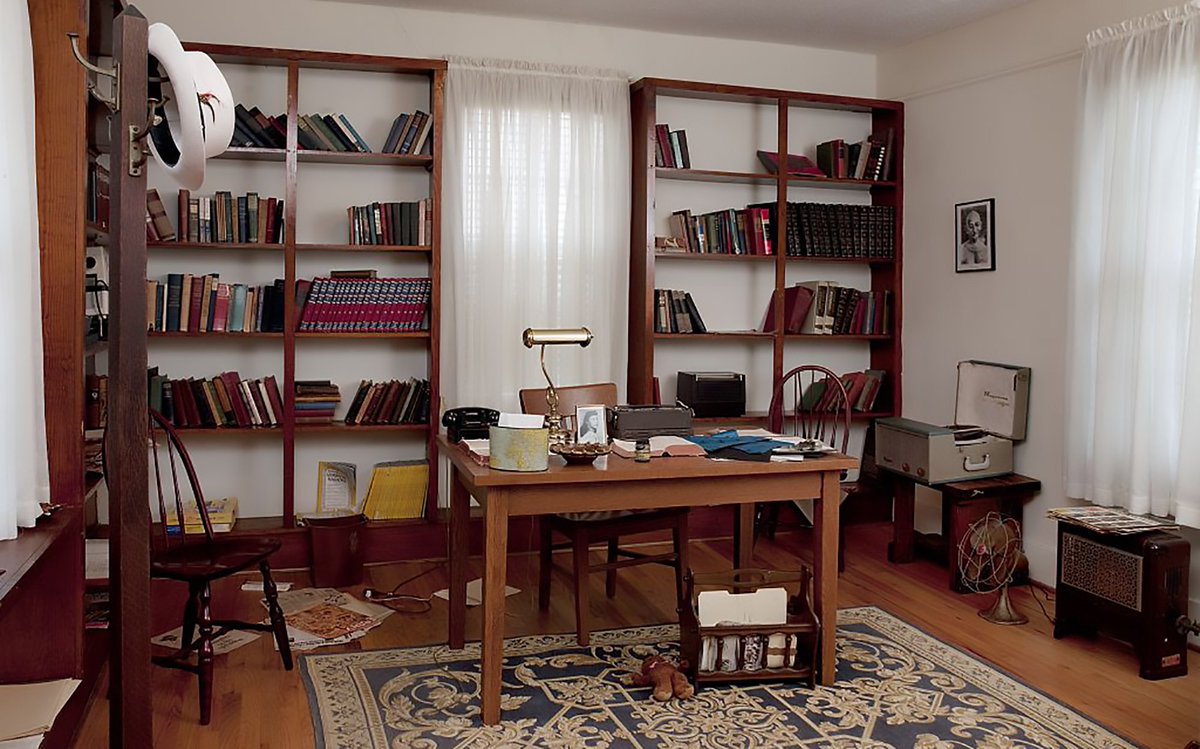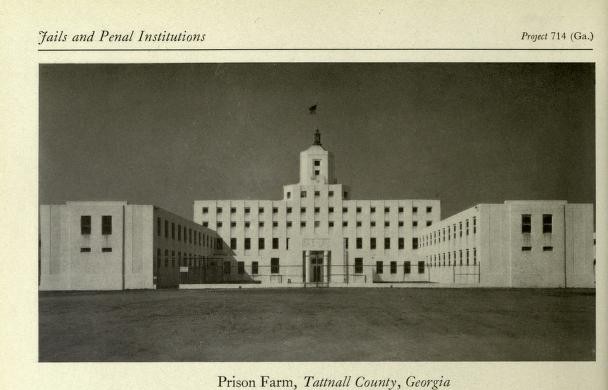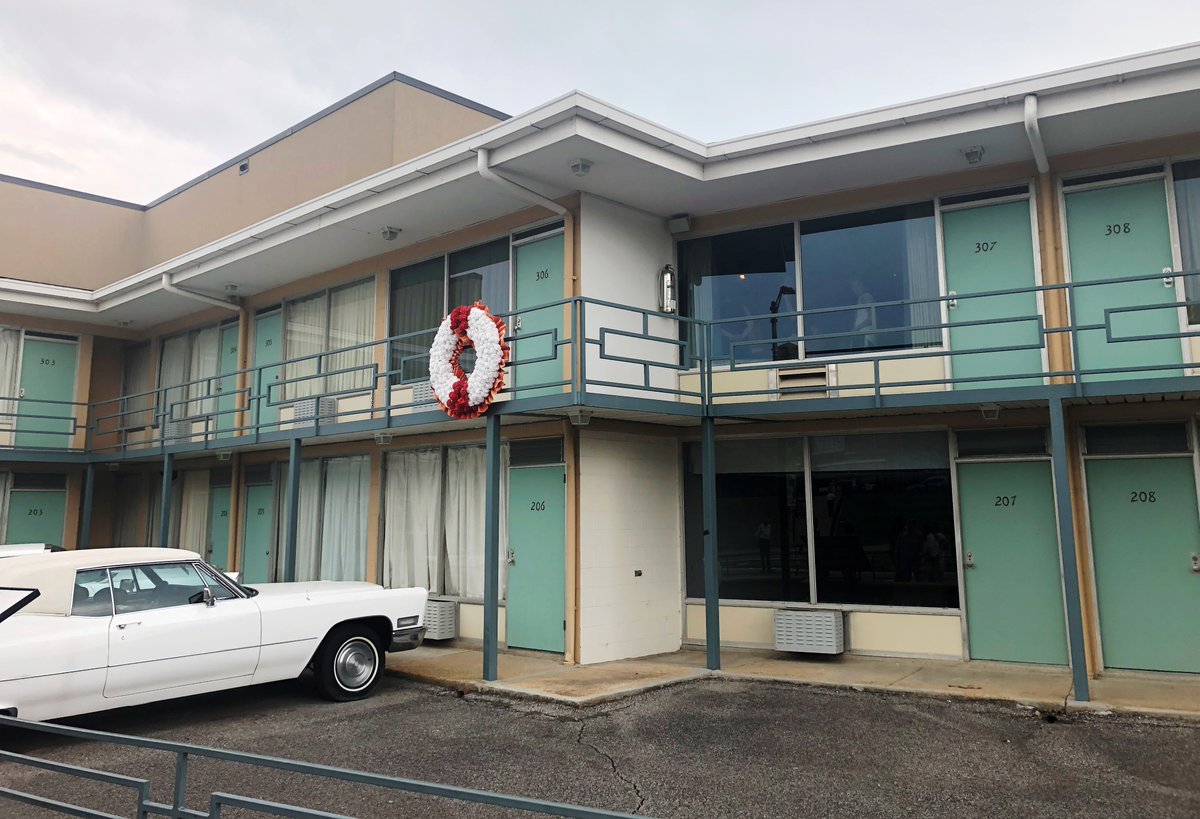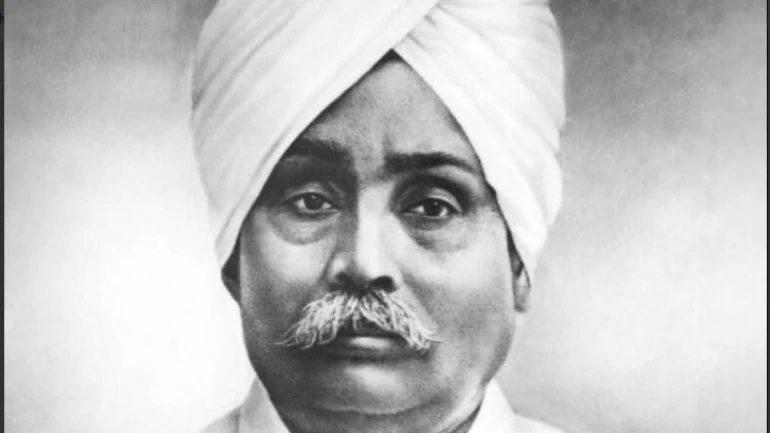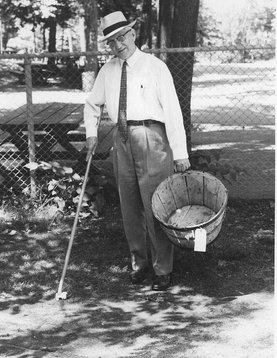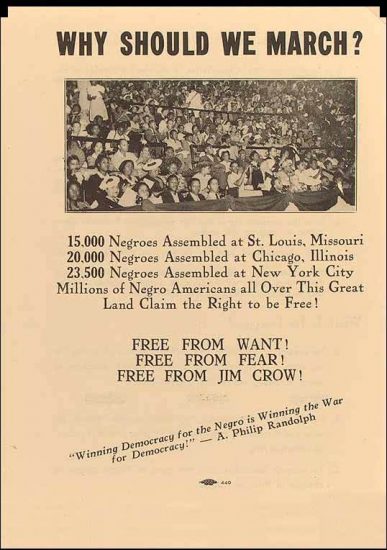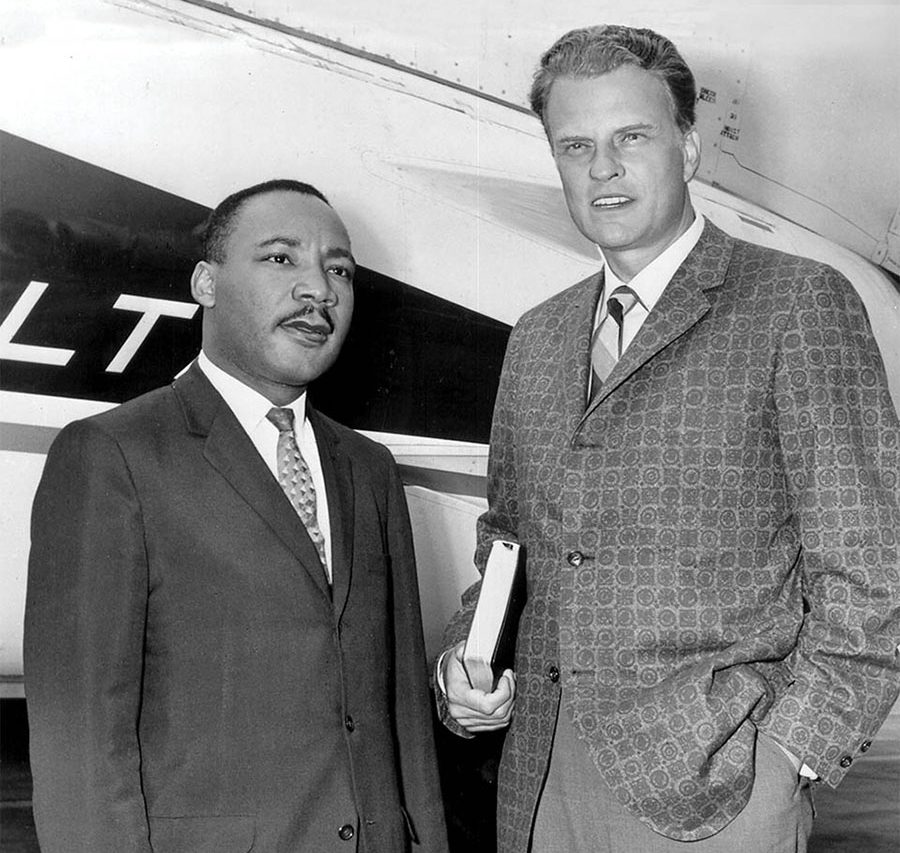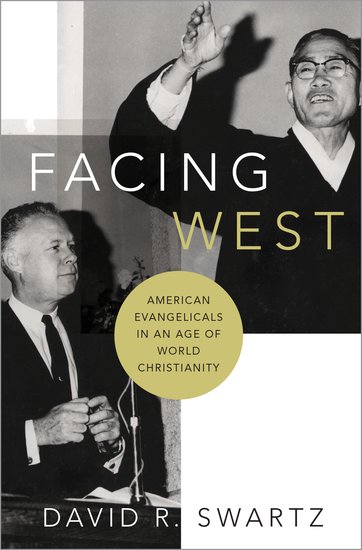A historical puzzle: How did living in India provoke a white missionary from the American South to join the civil rights movement? #facingwest @E_StanleyJones
In 1907 23-year-old E. Stanley Jones left for India with forty pounds in British gold, a one-way ticket to Bombay, a Hindustani grammar, and a hand- shake. As he boarded the Teutonic steamship in New York City, he also carried an evangelical zeal to spread the gospel. #facingwest
But Jones struggled. Though he had arrived in India with a faith that was “neat and tied up with a blue ribbon,” he didn’t score many conversions. #facingwest
Then Indians began to criticize his homeland. Why do Christian Americans practice racial segregation? Why do they lynch black people? Jones, who grew up south of the Mason-Dixon line, had never thought about these questions. #facingwest
Jones began to suffer from nervous collapses. The broken missionary limped home to America in 1916, well ahead of his scheduled furlough. #facingwest
Jones’s failures changed him. When he returned to India, he started a Christian ashram in which people of all castes ate together, prayed together, and worked together. He became friends with Mahatma Gandhi. #facingwest
Jones also joined the civil rights movement. Long before most white Protestant evangelists, he insisted on interracial seating at his evangelistic meetings. If city law mandated that blacks sit in the balcony, he typically instructed groups of whites to sit with them. #facingwest
Jones inspired Martin Luther King, Jr, who first encountered Jones’s writings in the early 1950s in the library stacks at Boston University. In "Mahatma Gandhi: An Interpretation," King read about the missionary’s friendship with Gandhi. #facingwest
Reading Jones’s description of satyagraha, Gandhi& #39;s strategy of nonviolent resistance, helped ignite a new method of social change in King, who said, “It was your book on Mahatma Gandhi which gave me my first inkling of the method and spirit of non-violence.” #facingwest
King’s copy contains many annotations. In a chapter entitled “The Center of Gandhi’s Contribution—Satyagraha,” King wrote “p.98 very imp.” Next to a passage that reads, “Non-violence is not for the weak, but for the strong—only the strong,” King exclaims, “This is it!”
It is likely that these annotations were made in Georgia’s maximum-security prison in 1960. On October 26, as King sat in Reidsville State Prison after being arrested at an Atlanta sit-in, he wrote a letter to his wife Coretta asking for his copy of Jones’s book. #facingwest
Oral tradition suggests that the book was on King’s nightstand at the Lorraine Hotel when he was shot to death. #facingwest
To be sure, there were many sources of the civil rights movement’s nonviolent strategy: Howard Thurman, Benjamin Mays, Mordecai Johnson, Lala Lajpat Rai, and A. J. Muste. Jones and his supporters exaggerated the missionary’s influence. #facingwest
Jones and other evangelicals also failed to move beyond the goal of equal rights. Jones said that Christians belonged to "a kingdom in which there is no room for trivia like race and class." #facingwest
The civil rights movement went beyond de jure equality to celebrate racial difference—and to show how mantras of colorblindness often blind whites to structural inequalities. Jones and white evangelicals did not see this. #facingwest
Nevertheless, Jones deserves a prominent position on the roster of white proponents of civil rights. Along with James Farmer, Bayard Rustin, and Pauline Myers, Jones headlined a key meeting in the March on Washington Movement #facingwest
Significantly, his racial egalitarianism came from global sources. It took being abroad for Jones to see his own country and his own religion in context. #facingwest
You can see this global influence at work in Billy Graham and many Southern Baptist missionaries, who were much more likely than Southern Baptist ministers to support the civil rights movement. #facingwest
For more stories on how American evangelicals have been shaped by global encounters, get a copy of Facing West, now available on Kindle for only $9.99. #facingwest
https://www.amazon.com/Facing-West-American-Evangelicals-Christianity-ebook/dp/B085YD71Z7/ref=tmm_kin_swatch_0?_encoding=UTF8&qid=&sr=">https://www.amazon.com/Facing-We...
https://www.amazon.com/Facing-West-American-Evangelicals-Christianity-ebook/dp/B085YD71Z7/ref=tmm_kin_swatch_0?_encoding=UTF8&qid=&sr=">https://www.amazon.com/Facing-We...

 Read on Twitter
Read on Twitter